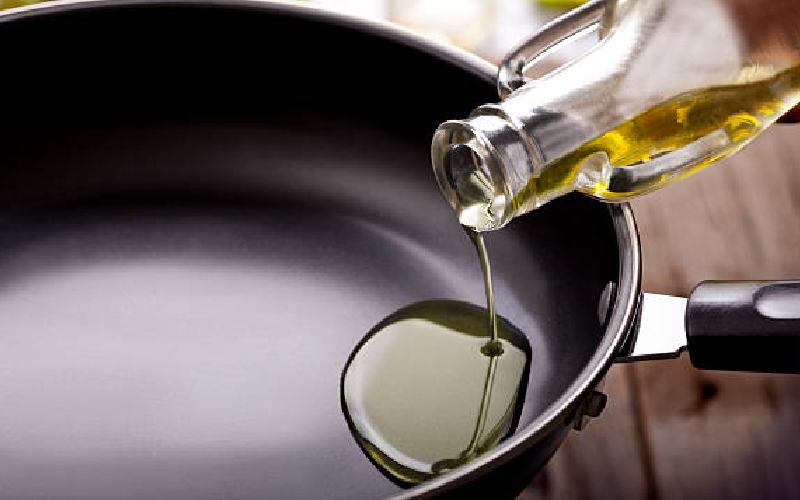
Cooking oil producers in Kenya are warning Kenyans that a shortage of the product is on the way, as well as higher costs, as a result of Indonesia’s prohibition on palm oil exports.
The world’s largest palm oil producer has announced that exports will be banned as of Thursday, putting pressure on the already scarce oils such as palm oil, soy oil, sunflower oil, and rapeseed oil.
“The only consolation is that the restriction now only applies to palm oil by-products and derivatives, not crude palm oil.” If that information is confirmed, we should be fine in terms of supply; if not, we’re in for a bumpy ride in terms of availability, to say nothing of pricing.” Rajul Malde, the commercial director of Pwani Oil, was cited on Tuesday as saying by Business Daily.
Despite the fact that palm oil accounts for more than half of all edible vegetable oil produced worldwide, Indonesia exports a third of the world’s palm oil.
Kenya mostly imports vegetable oils from Malaysia and Indonesia, such as sunflower oils, soybean oil, corn oil, and crude palm oil, however due to poor output in Malaysia due to floods and manpower difficulties, Kenya has turned to Indonesian palm oil.
The Russian invasion of Ukraine has exacerbated the deficit, as Ukraine, which accounts for 76 percent of world sunflower oil exports, has drastically reduced supplies.
Malde went on to say that the 45 percent increase in the price of importing cooking oil has caused them to boost retail prices by 35 percent since February.
He also insinuated that they have attempted to keep costs down for consumers by being creative and clever with other elements of the supply chain, but they have no choice but to raise prices altogether.
The director added that Palm is the cheapest edible oil in the world today and there is no cheaper alternative. He further argued that even if they find a cheaper equivalent, such as soybean from South America, it will be more costly.










